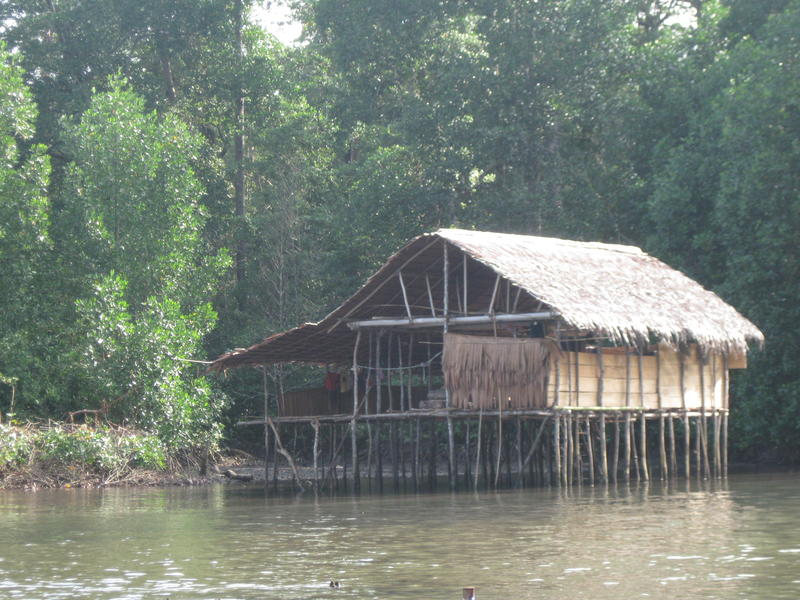
With half of the world's 6000 languages expected to vanish within the next 50 years, preserving and documenting the languages of the world is critically important for linguists and speakers of endangered languages.
Running from October 2009 - September 2010 and funded by the ESRC, “On-line language documentation for Biak (Austronesian)” was a collaborative project involving the University of Oxford, Universitas Cenderawasih, and Universitas Papua (formerly Universitas Negeri Papua). This project produced a range of digital outputs, which include a database of audio texts and their linguistically annotated transcriptions and translations for the Austronesian language Biak, a language with between 50,000-70,000 speakers in Papua, Indonesia.
A collaborative effort between the University of Oxford, UNIPA (State University of Papua) and UNCEN (Cenderawasih University, Papua) and funded by the Leverhulme Trust, the “Multimodal language documentation for Dusner, an endangered language of Papua” project ran from October 2010 - December 2011. This project produced video recordings of stories and conversations in Dusner, transcriptions (with translations in English and Indonesian), linguistically annotated texts, a glossary of basic words and affixes, and a grammar sketch of the core structural properties of the Dusner language.
Working closely with the Principal Investigator, Professor Mary Dalrymple, the Sustainable Digital Scholarship (SDS) service has, through the SDS platform, been able to provide a more permanent home for the digital outputs of these projects, helping to ensure that this record of the Biak and Dusner languages will remain safe and accessible long into the future.
Further to this, as the SDS platform enables users to preview media files in-browser, particularly in the case of the Dusner project, the SDS service has been able to enhance the experience of those wishing to access the video recordings, as there is no longer a requirement to download to view.
The work of the Sustainable Digital Scholarship team has ensured the continued availability of the Biak and Dusner data for research in the linguistics and anthropology of Papua and Austronesia, and for the speakers of Biak and Dusner and their descendants. This is particulary important for Dusner, a language with only 3 older speakers: the database contains perhaps the final record of this extremely endangered language. The new versions of both of the the databases are accessible and well organized, and the hard work of the team made the process of creating the database smooth and easy.
Professor Mary Dalrymple FBA MAE
Emeritus Professor of Syntax